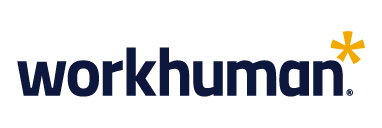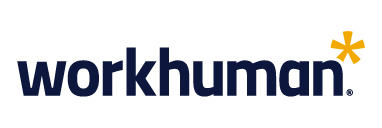As Happier founder Nataly Kogan explains, employees who are engaged and thriving perform 27% better than non-thriving employees, including 89% better on innovation, and they are 79% more committed to the organisation.
This is in contrast to the 30% of disengaged workers who are more likely to miss work, negatively influence their co-workers, and drive customers away. Surprisingly, too few organisations understand the true potential of engaged employees – nor understand how significantly unengaged employees hinder organisational growth. That’s why it’s critical to ensure your people are fully present at work and that they understand the value of their responsibilities.
Every organisation wants engaged employees – and the power to make that happen rests on leaders everywhere. The question leaders need to ask themselves is this: How can you ensure you’re supporting employee happiness in a consistent, scalable way? The answer lies in these three proven methods.
- Focus on engagement
People who love their jobs come to work with passion, purpose, presence, and energy. Forward-thinking organisations realise this and make engagement central to their business strategy by conducting surveys, offering benefits and perks that truly matter, and providing the tools and support people need to do the best work of their lives.
According to Gallup, teams who score in the top 20% in engagement realise a 41% reduction in absenteeism and 59% less turnover. At the heart of employee engagement is a sense of purpose; if people are able to connect their work to a larger goal, they’re more likely to feel dedicated to it. They’re also more likely to attach greater importance to everyday tasks and do them better as well.
- Make it easier for everyone to show they care
Companies thrive when their grateful, human-centric cultures meet employees’ core needs, support work-life harmony, and establish an overall more positive employee experience. Everyone should be empowered to express authentic appreciation for a peer’s effort or behaviour, up and down the organisation. This means not only saying “thank you” when our colleagues help us specifically, but also noting when a person has done their job well.
This promotes very real human connections and leads to a collective culture of positivity, which is proven to unlock and unleash the human potential resting just below the surface. Ultimately, people just want to be appreciated for what they do – they want their work to be seen, and they want to see it functioning in a valuable context. If employees are given the opportunity to understand how their efforts are being utilised in effective ways, they will be far more likely to thrive and drive their company toward success.
- Appreciate abundantly
Successful recognition programs are those that achieve an engagement rate (called “reach”) of at least 60-80%. When recognition with monetary value is given frequently (rather than as a yearly lump sum), it drives a better employee experience, positive business outcomes (think reducing turnover or increasing safety), and measurable financial returns.
In addition, recognition paired with other human workplace practices contributes to making your people 52% less likely to leave, 32% more likely to perform at a higher level, and 73% more likely to go above and beyond, according to research from Workhuman and the IBM Smarter Workforce Institute – so don’t be shy with gratitude; a little bit can go a long way.
It's clear that employee engagement is essential for organisational health, and yet too often underappreciated by leaders around the globe. It’s also clear that engagement is easier to promote when companies prioritise employee happiness and authentic human connection. All that, thankfully, can be achieved in numerous ways. Want to learn more about how gratitude can drive sustainable employee happiness? Dive deeper.
Sarah Payne is senior content marketing manager at Workhuman.














